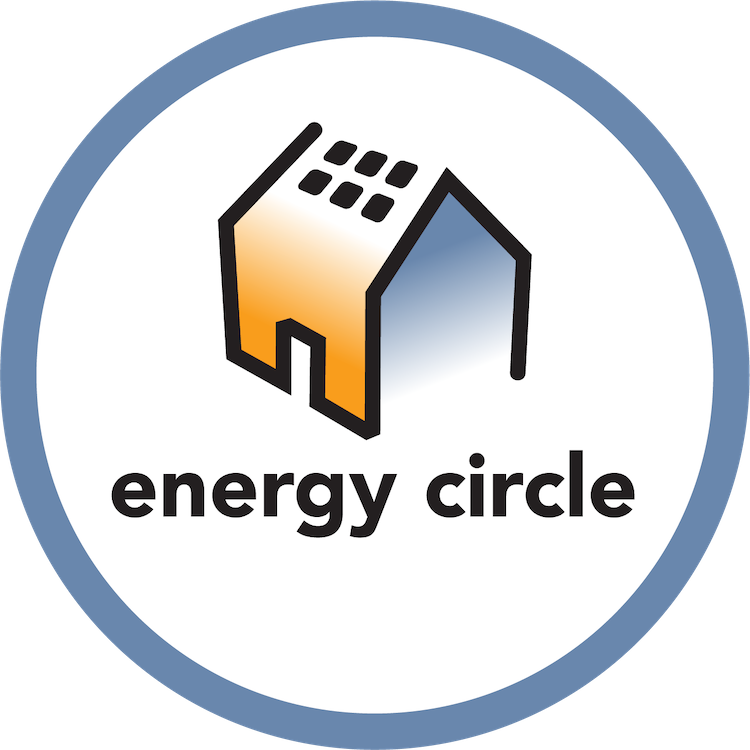E-A-T: How Websites in the Better Building Industry Can Showcase Expertise, Authority & Trustworthiness
If you have visited one of our most popular articles here at Energy Circle — our abbreviated guide to digital marketing acronyms — after reading the title of this article you might be thinking, “Great, another acronym to add to the pile”.
Or, if you happened to come across our piece on “What Tapas Taught Us About Successful Integrated Digital Marketing”, we couldn’t blame you for wondering, “Why is this group of digital marketing geeks so food obsessed?”
Sure, the Energy Circle crew loves a good meal, and we all know that using acronyms saves a whole lot of time (wink, wink), but what we are obsessed with, in actuality, is how to comprehensively formulate your online content strategy to get the attention of Mother Google. Here is what contractors in the HVAC, solar, and home performance industries should know about integrating “E-A-T” into their digital marketing strategies for better SEO performance and lead generation.
What is E-A-T?
Last week, in Peter Troast’s weekly Webinar Wednesday presentation, we took a look at what this concept is, what Google is saying about it, and how it relates to our industry. We learned that “EAT” stands for:
Expertise — Authoritativeness — Trustworthiness
Now, a little background on the fundamentals of website success. We have known for a long time that the basic formula for increasing traffic to your website has been relevant content, placed on a trusted website. By relevant, we mean relevant to your target audience — those searching for the services you have to offer, online.
For those who have gotten into the weeds of keywords, attributes, search volume data, and perhaps even web development, this formula can come across a tad … elementary. Of course there is an entire industry dedicated to reverse engineering website success, as we all try to peek behind the curtain of what Google and its search algorithms are actually doing.
What we do know, however, is in their Search Quality Guidelines, Google states that after it has determined the purpose of the page in question, the next factor impacting page quality ratings is “expertise, authoritativeness, and trustworthiness.” This is defined by Google as:
● The expertise of the creator of the MC (main content).
● The authoritativeness of the creator of the MC, the MC itself, and the website.
● The trustworthiness of the creator of the MC, the MC itself, and the website.
If you’re reading that thinking, “How do they determine these three things?”, here are some of the quality guidelines of “high E-A-T” pages that are particularly relevant to what we do in the better building industry:
Traits like:
-
“journalistic professionalism”
-
“represent(s) a well established scientific consensus on issues where such a consensus exists”
-
“advice pages on topics such as home remodeling … should also come from an ‘expert’ or experienced sources that the user can trust”
are exactly the things Google Quality Raters are likely going to be looking for when evaluating your website (we’ll learn more about Quality Raters below).
Not All Web Pages Are Treated Equal
How is it that Google can stay on top of all of this, across the 1,197,982,359 websites of the internet (not to mention that each website has multiple individual pages)? There is a hierarchy that puts a brighter spotlight on certain websites, more so than others. For example, websites that deal with more important topics, like “your money, or your life” or as Google calls it, YMYL (tired of acronyms yet?), are scrutinized more closely with regards to E-A-T compliance:
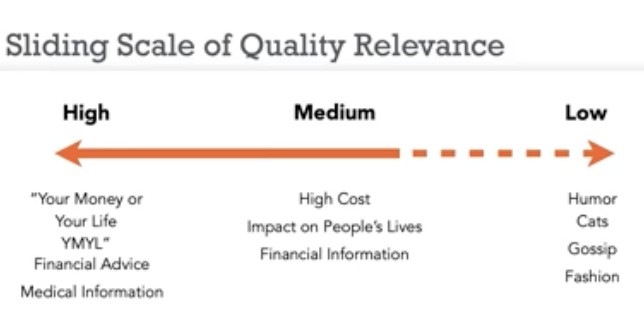
Quality Raters are likely going to spend much more time determining the E-A-T of your HVAC, home performance, or solar contracting business than they are to determine if the rumor on a forum about “The Bachelor'' is coming from a trusted source. Speaking of Quality Raters, let's take a closer look at them.
Google’s Quality Raters
Across the world, there are about 10,000 raters that are the human test of whether or not the algorithm is accomplishing its goal of returning the most helpful, most relevant, and most accurate content to the top of search result pages. These raters use the Search Quality Guidelines linked above to determine if the website in question does in fact portray E-A-T.
According to Ben Gomes, the VP of Search at Google, “You can view the raters’ guidelines as where we want the search algorithm to go. They don’t tell you how the algorithm is ranking results, but they fundamentally show what the algorithm should do.” Meaning, the more E-A-T you can portray on your website (and through other Google services connected to your website), the closer you will be to optimum search results.
How Can Your Contracting Business Implement E-A-T?
(You might already be doing it)
Because of the nature of the better building industry, chances are, you are already using E-A-T concepts to differentiate your business from other contractors in your service area. Do you take a scientific approach to your services? Do you utilize building science or solar certifications and training in your day-to-day business? Practices like these, and many others like them, lay the foundation for demonstrating E-A-T. Let’s break down the individual aspects of E-A-T, and which digital marketing tactics you can use to increase your quality rating.
Expertise
About Us Pages
Your “About Us” page is like the shelf or wall where you keep your college degree. This is the page on your site where you can talk about yourself, “fluffing your feathers” a little and showcasing the multiple certifications and experience you have in your industry.
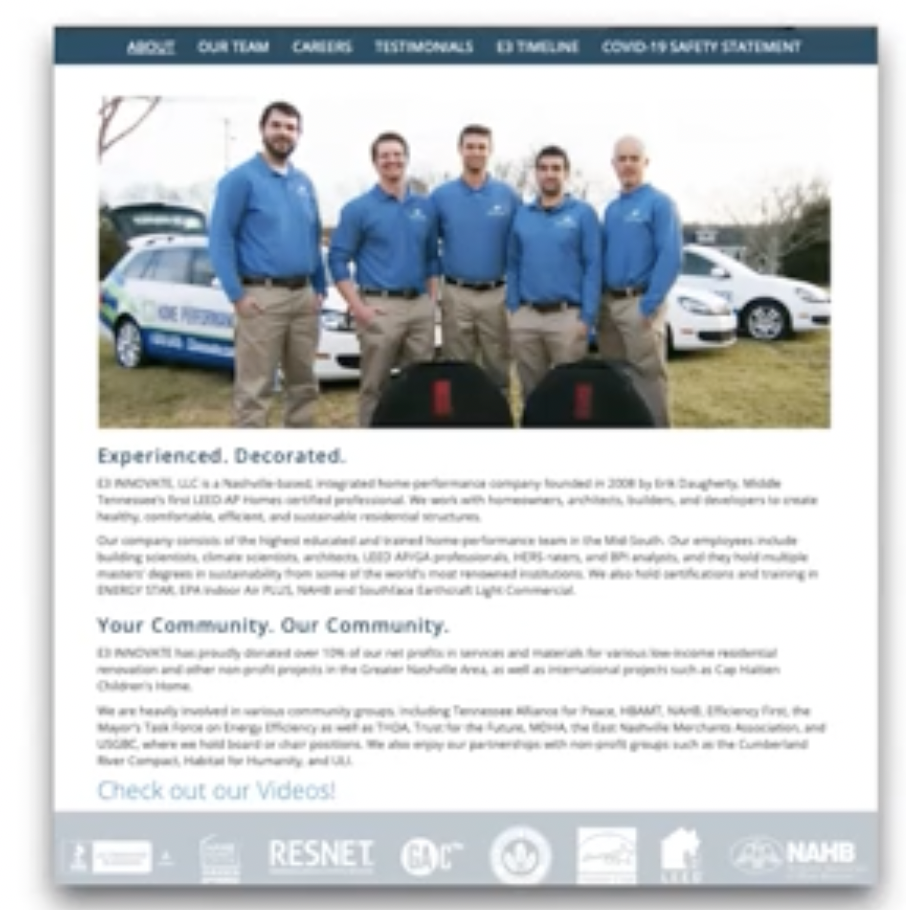
Credentials & Certifications
Another option for showcasing your credentials and certifications is to create a separate landing page for them. This allows you to expand on the details of each program as well as utilize the certification badges in a larger context.
Disclaimer: we cannot be sure if Google does or does not differentiate between certain certifications, yet. But looking back at the statement from Ben Gomes, we can deduce with reasonable certainty that all of your certifications will matter when it comes to “expertise."
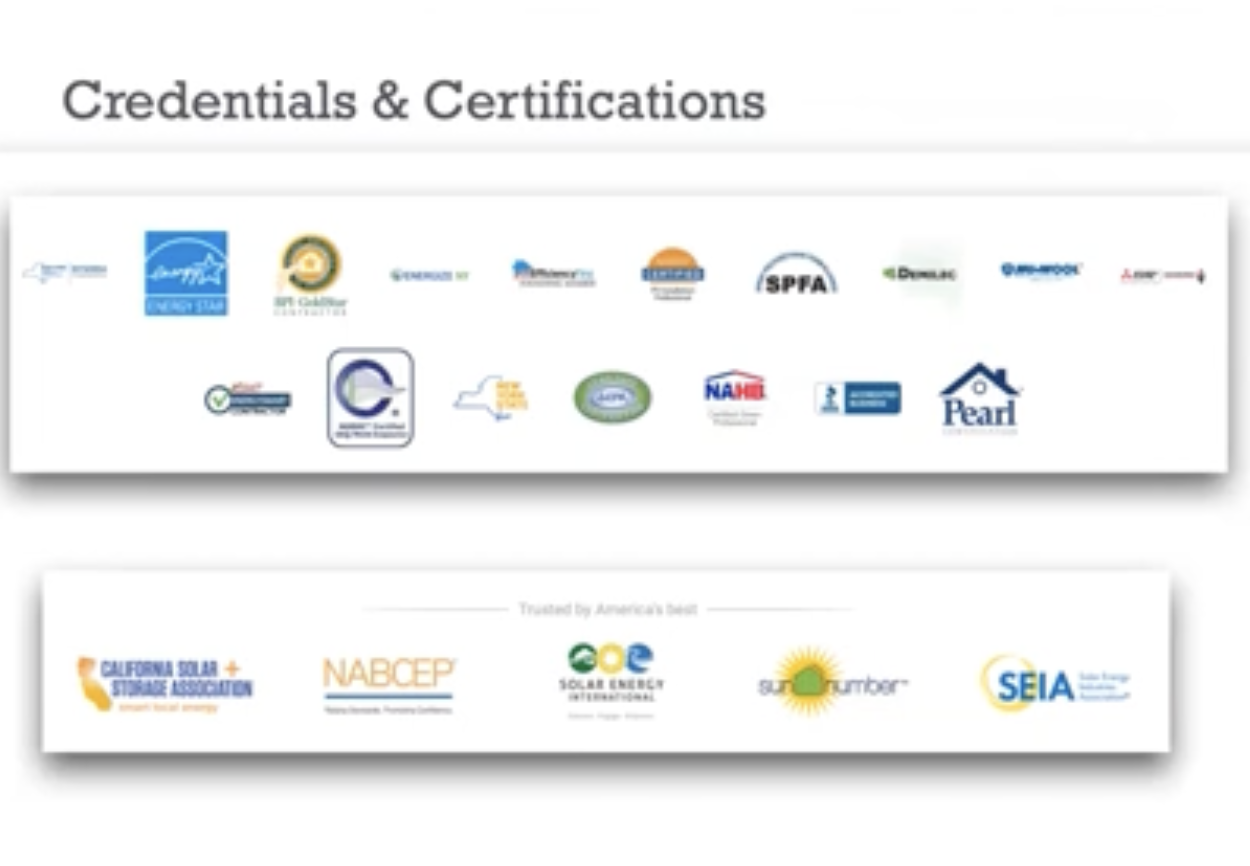
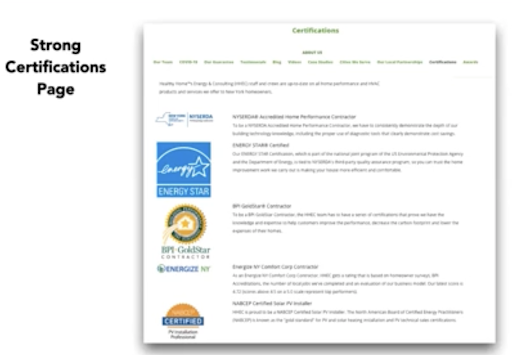
FAQ Page
A robust and ever-expanding Frequently Asked Questions page is the place to target specific queries, and is an effective way to address a question-based world.
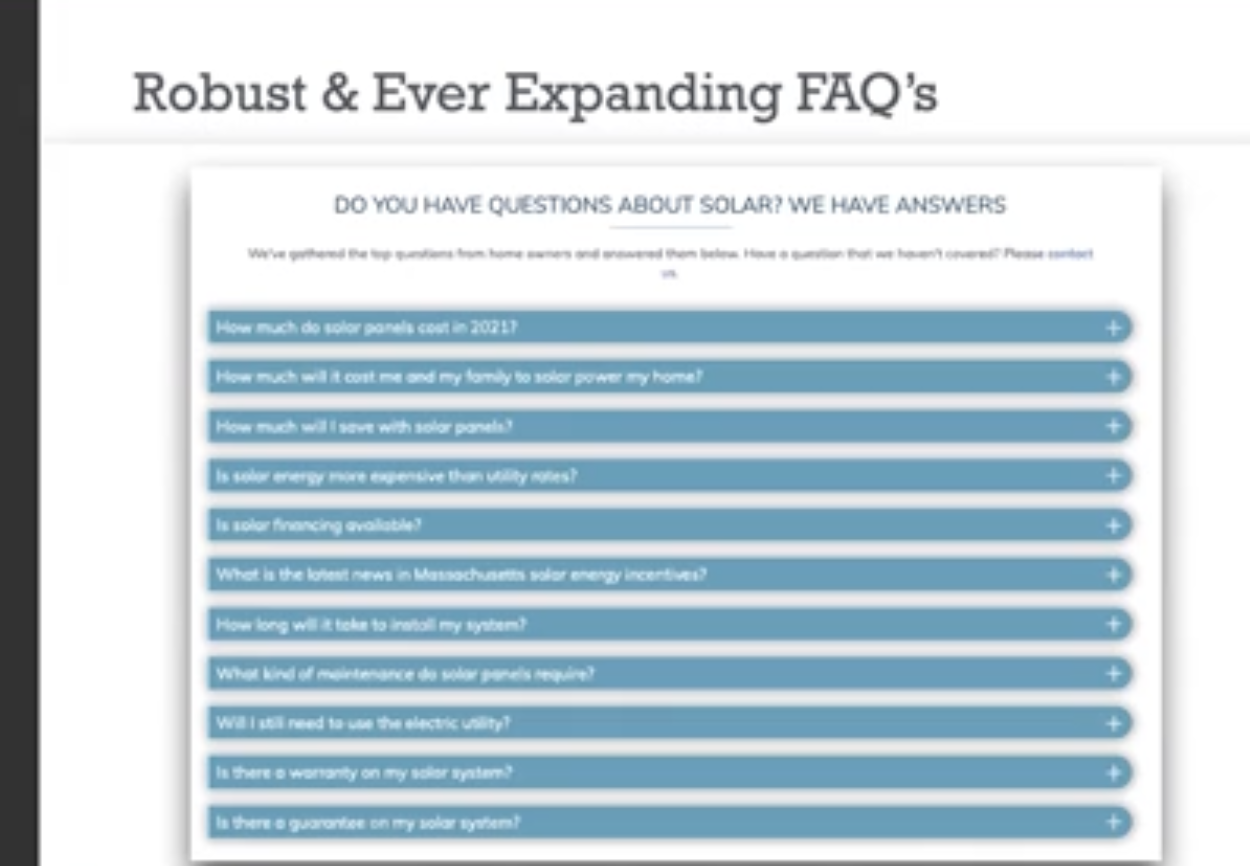
Authority
Links from Authoritative Websites
Another core driver of authority is inbound links from other credible websites. A link to your website from another website that is considered to have high “domain authority” is, in essence, a “vote” for your website. The more relevant these links, the better.
Author Credibility
Who is the author of your website content? Is it your company/brand, or is it a human being? There is no one right answer, other than which of the two showcases more authority. When you Google the name of the author you are using for your website content, what is the story that the search results tell? If you, or the owner of your business, are out speaking at industry events, chances are there is already some content online boosting your authority. Lean into whichever provides the most opportunity for credibility.
In-Depth Content that Rises Above the Rest
Go beyond the surface level sales tactics that many of your competitors are utilizing on their websites. Content that goes deeper, and answers the question “why” instead of “what”, also shows your website is comprehensive and authoritative. Consider article topics like:
-
“What is the electrification movement?”
-
“Why has the price of solar panels dropped over time?”
-
“Five takeaways from X Legislation”
Trust
High Credibility Outbound Links, Citations & Footnotes
The opposite of inbound links is also true, when it comes to links on your website (though slightly less impactful, we would wager). Leaning on the trust of other content from places like ASHRAE, energy.gov, the EPA, and others shows a commitment to sharing information from trusted sources, increasing the trustworthiness of your site. This is something you will want to keep in check, however, as you do not want to encourage your website visitors to leave and read the same information somewhere else.
Reviews & Testimonials
Reviews is a topic we often revisit month after month, and for good reason. The review landscape is increasing in importance, and constantly changing. WIth new features like “places topics” and “structural attributes”, Google reviews have become more complex, allowing Google to get a more accurate picture of how you are actually performing in the real world.
You can get the most recent updates on third party reviews in this webinar
Adding first party testimonials to your site also showcases your trustworthiness, and can add a boost to the story your reviews are telling. Consider adding a testimonials page if you haven’t already, or utilize testimonials that call out specific services on landing pages relevant to that service.
Let’s EAT!
Are you hungry for more, or ready to get started improving the expertise, authoritativeness, and trustworthiness of your website? While we still can’t be sure exactly what these Quality Raters are looking at, or how Google’s algorithm weighs your quality ratings, we can be 100% sure it is important to your online search visibility. If you are looking for more information, stay tuned to our weekly wednesday webinar series, check out the EnCircled podcast, or reach out to the Energy Circle team directly!
